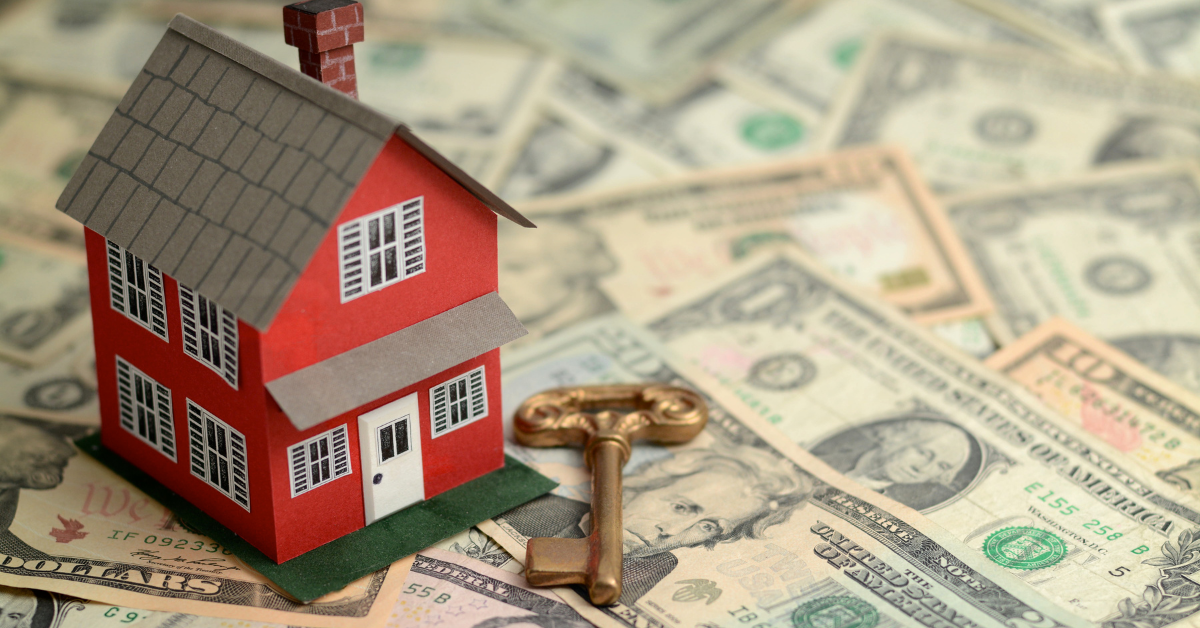Family Matters: How to Choose the Perfect Home for a Large or Growing Family
 Selecting the right home to purchase for a family is a monumental task, and this process can seem even more challenging for those with a large or growing family. A common goal may be to give everyone ample space to stretch out and feel relaxed, but some home buyers may also be focused on other factors like location, cost and even the general style of the home. While choosing the perfect home for a large or growing family is not easy, the process can be simplified by focusing on a few points.
Selecting the right home to purchase for a family is a monumental task, and this process can seem even more challenging for those with a large or growing family. A common goal may be to give everyone ample space to stretch out and feel relaxed, but some home buyers may also be focused on other factors like location, cost and even the general style of the home. While choosing the perfect home for a large or growing family is not easy, the process can be simplified by focusing on a few points.
Focus On Storage Space
There are few things that can make home life more miserable in the coming years than a lack of storage space. When a large family does not have adequate storage space in closets, the attic, the garage and cabinets, their items will likely find a home on the counters, on the floor and in other undesirable locations. Home buyers can consider looking for a home that has more storage space than is needed right now to ensure that the new home can accommodate growing needs over the years.
Think About Function Over Size
Many people who are looking for a new home will focus on finding a home that has a specific minimum square footage or a minimum number of bedrooms, but function is generally more important. For example, if a home has bar-style seating at the kitchen counter, the family may not need as large of a breakfast room to accommodate its needs. The family may also get more use out of a home that has a second living area, such as a game room, rather than a formal dining room that may rarely be used.
Choose The Right Floor Plan
In addition, consider reviewing the floor plan of the home carefully. Many prefer to have the kids’ rooms away from the master room, a study placed away from the kids’ game room or an open area where the kitchen and family room are connected so that a parent can oversee the kids while making meals. Home buyers should consider how they live and their likes and dislikes about their current space to determine which floor plan is best for them.
Deciding which home to purchase is rarely easy to do, but your trusted real estate professional can assist home buyers with this process. Those who are searching for a new home for a large or growing family can call their local real estate agent for further assistance.

 The rush of excitement that comes with finding the home you’ve been looking for is ideal, but just because it seems like the perfect place, doesn’t mean there aren’t other factors to consider. Instead of getting hit with buyer’s remorse, here are some tips so that your home purchase doesn’t become something you’ll regret.
The rush of excitement that comes with finding the home you’ve been looking for is ideal, but just because it seems like the perfect place, doesn’t mean there aren’t other factors to consider. Instead of getting hit with buyer’s remorse, here are some tips so that your home purchase doesn’t become something you’ll regret. The process of buying a home can be riddled with obstacles. However, you can avoid many of the most common home buying pitfalls with some advanced preparation. Below are some of the most frequent problems home buyers face, as well as tips for avoiding them.
The process of buying a home can be riddled with obstacles. However, you can avoid many of the most common home buying pitfalls with some advanced preparation. Below are some of the most frequent problems home buyers face, as well as tips for avoiding them.